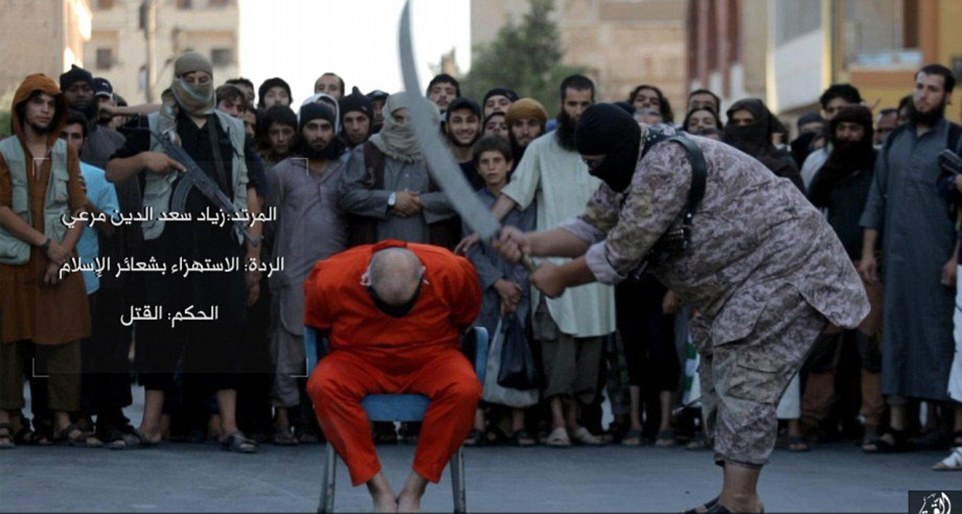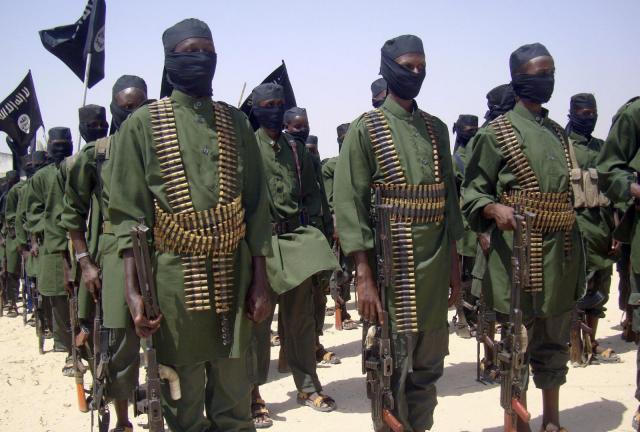
A mob reportedly made of up as many as 10,000 men began burning down, looting, and otherwise violently assaulting Christian communities in Jaranwala, Pakistan, on Wednesday in response to reports that a Christian man had allegedly desecrated a Quran.
The Pakistani newspaper Dawn, citing local Christians in the northern Pakistani region of Punjab, documented the burning down or otherwise complete destruction of at least five churches. The British Asian Christian Association, an international aid group that serves persecuted Christians in Pakistan, reported that the mob destroyed over 500 homes and left “tens of thousands” of Christians homeless.
Muslim mob violence in Pakistan, an officially Islamic state, is common. Islamist mobs often riot when rumors spread of a Christian allegedly desecrating a Quran, insulting the Islamic figure Muhammad, or otherwise offending the religion. Islamists have also rioted over international news, such as riots in support of the Charlie Hebdo massacre of 2015 or riots against France following the beheading of teacher Samuel Paty, which the French government condemned.
Christians are often the targets of such violence and local police rarely intervene effectively, particularly when the mob attacks are triggered by allegations of blasphemy. “Blasphemy” is a crime in the Pakistani penal code, punishable by death when directed at Muhammad personally. Pakistan has never in its history executed a person for blasphemy, but mobs have “extra-judicially” killed or severely injured untold numbers over the alleged crime.
Many of those killed for “blasphemy” are not charged with the crime and little evidence exists that the blasphemy occurred. Christians in Pakistan are disproportionately poor and some accused of “crimes” such as writing on a Quran are illiterate, making the accusations impossible.
I am gutted by the visuals coming out of Jaranwala,#Faisalabad. Stern action would be taken against those who violate law and target minorities. All law enforcement has been asked to apprehend culprits and bring them to justice. Rest assured that the government of Pakistan stands… https://t.co/GHWUGA1NNq
— Anwaar ul Haq Kakar (@anwaar_kakar) August 16, 2023
The incidents triggered on Wednesday reportedly began when Muslims in Jaranwala began accusing Saleem Masih, a Christian man believed to work as a cleaner, of desecrating a copy of the Quran, the Islamic holy book. According to the British Asian Christian Association, the violence began when Islamic officials used mosques to make community announcements demanding that mobs organize and begin destroying Christian communities in response.
“The affected regions, including Cinema Basti, Christian Town, and Esa Nagar, have witnessed the destruction of over 500 houses,” the organization detailed. “According to reports provided by on-ground volunteers, Pastors Muratib and Moon, a tumultuous mob of approximately 10,000 individuals has wreaked havoc within the Christian towns.”
The Pakistani newspaper Dawn reported that pastors had confirmed the burning down and looting of at least five churches in the community throughout Wednesday.
“Images on social media showed smoke rising from the church buildings and people setting fire to furniture that had been dragged from them. A Christian cemetery was also vandalised, as well as the local government office,” Dawn documented.
Videos from the greater Faisalabad area showed large crowds of men starting fires around churches, looting the homes of Christians, and chanting anti-Christian slogans. In one such video, one police officer appears in front of a crowd of what appears to be hundreds of people, calmly attempting to address the men and being ignored as they continue ransacking what appears to be a residential community.
Bishop Azad Marshall, the president bishop of the Church of Pakistan, posted a message on Twitter on Wednesday stating that churches were burning as he was writing and demanding police take action.
“Words fail me as I write this. We, Bishops, Priests and lay people are deeply pained and distressed at the Jaranwala incident in the Faisalabad District in Pakistan. A church building is being burnt as I type this message,” he wrote. “Bibles have been desecrated and Christians have been tortured and harrased [sic] having been falsely accused of violating the Holy Quran.”
“We cry out for justice and action from law enforcement and those who dispense justice and the safety of all citizens to intervene immediately and assure us that our lives are valuable in our own homeland that has just celebrated independence and freedom,” he demanded.
https://www.breitbart.com/national-security/2023/08/16/pakistan-muslim-mob-of-10000-people-burns-down-hundreds-of-christian-homes-churches-over-blasphemy/






